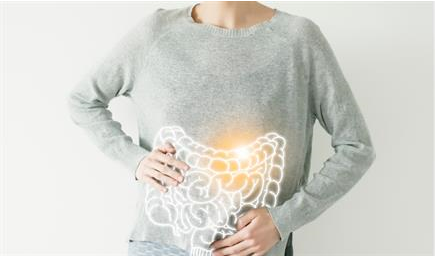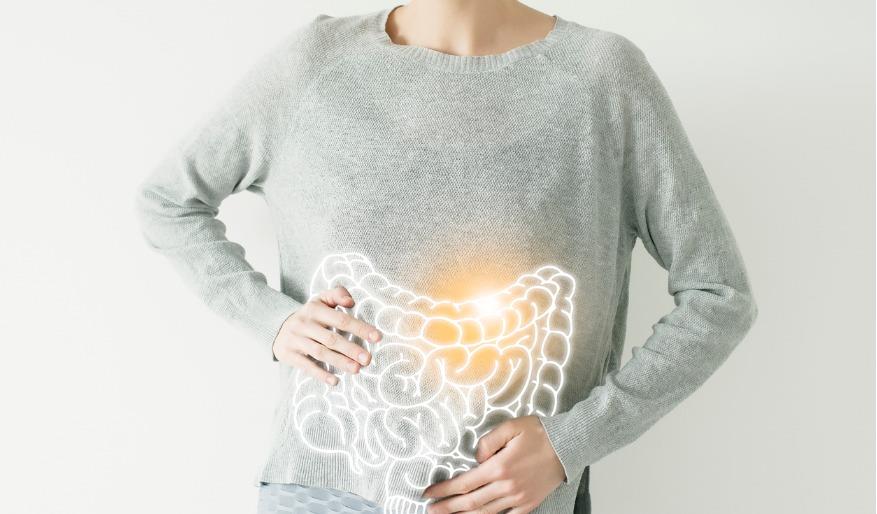Our Doctors
Meet all the doctors from Cleveland Clinic Abu Dhabi.
View Doctors
Tips to keep your digestive system happy and healthy this Ramadan

During Ramadan, Muslims who are fasting experience a shift in normal mealtime routines.
Fasting is a spiritual practice which can have many health benefits, however, when a good diet isn’t maintained, it can quickly lead to digestive problems and cause discomfort and embarrassment.
Common disorders of the digestive system reported during Ramadan include heartburn, acid reflux and indigestion. These are usually caused by suddenly overeating after a long period of fasting or eating a large quantity of fatty and spicy foods.
Specialists from the Gastroenterology Clinic at Cleveland Clinic Abu Dhabi report a sharp increase in the number of people visiting them during Ramadan. Common complaints include gastro-esophageal reflux disease (GERD), where food flows back from the stomach into the esophagus, and gastritis, which is caused by inflammation in the stomach lining.
Healthier habits
There are many things you can do to reduce the chances of suffering from common digestive disorders when fasting. Here, the experts share their top tips:
Drink plenty of water
Staying hydrated is very important when fasting. As well as helping to aid digestion, it can help other common health issues associated with long periods without food, such as constipation, headaches, and back pain. Try and drink 2 to 3 liters a day, and take small sips over a long period, rather than consuming it all in one go, as this makes it easier for your body to absorb.
Avoid fizzy drinks as they are high in sugar and the gas can cause bloating. Try to avoid caffeine too, as a diuretic, it will cause you to use the bathroom more often, leading to dehydration. Caffeine can also cause stomach cramps and diarrhea when taken on an empty stomach.
Avoid over-eating
This can be tough when you haven’t eaten all day, but suddenly breaking a fast with a large meal can lead to stomach cramps and severe acid reflux, which can damage the throat over a long period of time. Whenever possible, break your fast with a small snack, and space meals out over the time when you can eat.
Avoid foods high in fat
As well as making you feel sluggish, and just generally not being very healthy, foods that have a high fat content take a lot longer to digest. This can cause an upset stomach and lead to feelings of nausea.
Don’t sleep on a full stomach
Try to stop eating at least 2 hours before you go to bed. This can be tricky when eating is restricted to night-time but sleeping on a very full stomach can prevent the digestive system from working properly.
Eat more fiber
Fiber is one of the kindest foods on your digestive system. It can help prevent bloating and constipation. But getting enough fiber when fasting can be tricky. Choose whole meal and wholegrain foods whenever possible and add beans and pulses to meals.
Talk to your doctor
If you have an existing digestive issue, always talk to your doctor about the effects of any change in your eating routine. It’s also important to discuss adapting your medication routine for Ramadan, as avoiding medicine may harm your gut.
While mild digestive disorders are common and are usually easy to manage, always see your doctor if you experience any new or worrying symptoms while fasting.
Cleveland Clinic Abu Dhabi wishes you a peaceful and healthy Ramadan.

This Ramadan, we are here for you day and night. Throughout Holy Month, we will extend outpatient clinic hours, offering you the best care, when you need it.
Learn More
Social Distancing: Create a sense of togetherness with loved ones whilst physical distancing. Learn...
Read Articles
Intermittent fasting can have many health benefits. Think about the effects that fasting might have...
Read Articles
Ramadan is a time of reflection, gratitude, and connecting with friends and family. Fasting from...
Read Articles